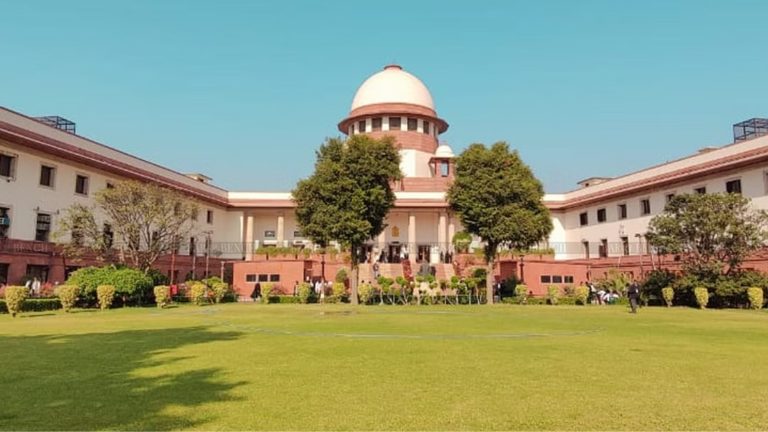The Supreme Court (SC) while hearing the Union of India vs. Dilip Paul case on November 06, 2023, held that the complaints committee being an inquiry authority must be allowed to put questions on its own if a proper, fair, and thorough inquiry is to take place. The bench constituting Chief Justice of India Dhananjaya Y. Chandrachud, Justice J.B. Pardiwala, and Justice Manoj Misra also said, “If the observations of the High Court are accepted, it would lead to a chilling effect, whereby the complaints committee which is deemed to be an inquiry authority would be reduced to a mere recording machine.” It added, “We fail to understand what other purpose the complaints committee which is deemed to be an ‘inquiry authority’ would serve if we are to hold that the complaints committee cannot put questions to the witnesses.”
The SC bench also answered the question “Whether the Central Complaints Committee could be said to have based its findings on mere conjectures and surmises? Whether the case on hand is one of “No Evidence”?” It has been demonstrated that the case on hand is not a case of ‘no evidence’. Some evidence has come on record to indicate or rather substantiate the allegations of sexual harassment leveled by the complainant. The SC bench further set aside the Gauhati High Court order stating that “The High Court committd an egregious error in passing the impugned judgment and order…”
Also read: Majority of Indian organizations lag in talent development initiatives: Cornerstone Report
In this case, the respondent was serving as the Area Organizer i.e., the Local Head of Office of the Service Selection Board Rangia, State of Assam. In the very same office, a lady employee was serving as the Field Assistant (Lady). She lodged a complaint alleging sexual harassment at the hands of the respondent. A Frontier Complaints Committee comprising three women members was constituted to inquire into the allegations of sexual harassment leveled by the complainant in her first complaint. Further, the Central Complaints Committee was also constituted to look into the matter. The Central Complaints Committee after recording its findings held the charges of sexual harassment against the respondent to have been proved.
During the pendency of the disciplinary proceedings, “the respondent superannuated as Dy. IG, Frontier Headquarters, SSB, Ranidanga, Siliguri, Darjeeling, West Bengal, and subject to the final outcome of the disciplinary proceedings, he was granted a provisional pension without retirement gratuity. The respondent preferred OA before the Central Administrative Tribunal, Guwahati (CAT), assailing (i) the constitution of the Central Complaints Committee (ii) cancellation of the Frontier Complaints Committee’s Inquiry Report (iii) Central Complaints Committee’s Inquiry Report.” The CAT dismissed the said OA and directed that the disciplinary proceedings be completed within 4 months.
During the pendency of the said writ petition, the Ministry of Home Affairs vide its Order referred to above held that the charges of sexual harassment leveled against the respondent stood duly proved and after due consideration of the respondent’s representation and the advice of the UPSC imposed a penalty of withholding 50% of the monthly pension on a permanent basis. The High Court allowed the writ petition and set aside the order of penalty. The matter was thus mentioned before the SC where a three-judge bench set aside the HC’s order.
Stay connected with us on social media platform for instant update click here to join our LinkedIn, Twitter & Facebook


































